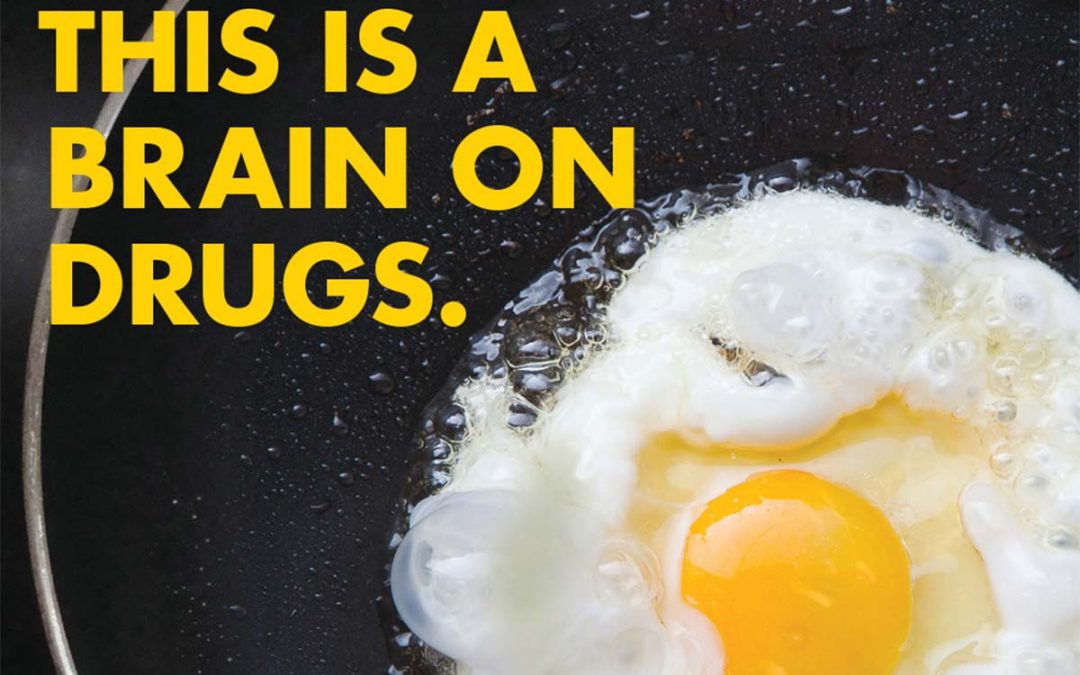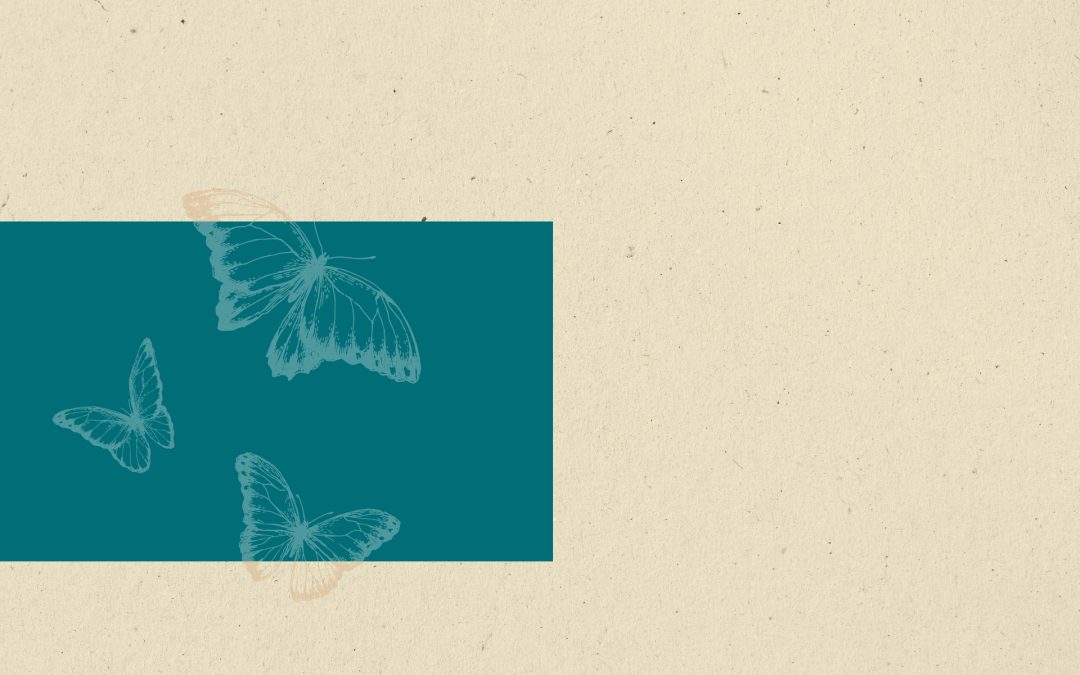Consider the word “pain” for a minute. What kind of thoughts or feelings come to your mind? Any visual imagery? Did the word bring up a reminder from a past emotional and/or physically painful experience? If so, do you notice any reaction in your body? If your pain could speak, what would it want you to know about it? If you could speak to your pain, what might you want it to know about you? What’s your relationship with this word? Are you friends, enemies or just getting to know each other? As a therapist I usually meet people when they are in some type of emotional and/or physical pain. I find it to be a sacred experience to be a witness to their pain and I find most people, given the right set of tools and over time, learn how to use their pain wisely. Let’s look at some of the paths that lead us away or towards using our pain wisely.
Early lessons about pain
If you are raised in a generally healthy environment pain tolerance is practiced quite early. Think about a six month old baby that cries for a bottle. Mom or dad will usually make familiar noises talking to the baby letting them know food is on the way, or familiar movements putting a blanket around them for feeding. The baby will often calm down before they are fed. Knowing that food is on the way they will be able to tolerate the pain of their hunger for a short time. In the not too distance future, a one-year old will begin to learn to walk by having a lot of falls. Then, when they become toddlers we continue the process with more painful situations – sit still, share, stay with a babysitter, try a new food and so on. As we teach them with kindness, love and support toddlers begin the process of getting comfortable with the uncomfortable. Again, in a healthy environment they begin to learn how to reach out to others for help with the uncomfortable while also learning how to reach inside to help themselves. If children are given the freedom to feel their emotions and develop a variety of healthy coping skills they are set on the right course to face later emotional challenges with more confidence and acceptance. Painful situations (death of a pet, friends moving away, friends that won’t share, parents insisting on chores being done, broken toys, etc…) are a reality of life. If we teach children this simple principle, they will be less likely to try to escape reality. If you are a parent that has not developed a solid relationship with pain tolerance, seeing your child in pain can quickly overwhelm you. So, you will usually do one of two things, either rush in and rescue too soon or expect them to problem-solve way above an age appropriate level. When children are consistently rescued they can develop learned helplessness. This is a mental state that carries the belief, “There is no way out of this. I can’t overcome this. I need someone else to solve this for me.” This belief system tells them they are a victim and deserve to be rescued. Over time, this sets them up to spend more and more time not making decisions, not participating, decrease in problem-solving, under-achieving, etc… If their expectations are too high they can feel shamed for having any needs and they will quickly learn to believe, “I have no needs.” This belief sets them up for not learning how to ask for help, being afraid to learn new skills, having trouble knowing what they are feeling. If children aren’t given the resources they need (encouragement, skill-building tools, appropriate protection, guidance, etc…) they may manage their pain in an unhealthy way. They can become highly anxious, numb, fearful or combative. As they continue to use this unhealthy coping skills they are more susceptible to pick up an addiction later in life.
Addicts Relationship with Pain
Individuals whose behavior reaches the addictive level have several things in common. Once an individual becomes an addict they rely on their addiction to alleviate any and all of their pain. Pain of any kind – emotional, physical, mental, spiritual. Their addiction allows them to remove themselves from pain and, in that moment, it feels good, very, very good to escape the pain. Even if it is just a moment, the feeling of escape from responsibility, from fear, from hopelessness, from loneliness, from failure, from abandonment, from anxiety is so intoxicating that the escape hatch of their addiction becomes the only answer when even the risk of feeling pain is near. Recovery begins with not just physical pain from withdrawals but also with emotional pain. For example, one of the very first painful tasks is to help addicts get out of denial. What are they denying? Reality. How do they do it? There are many different denial strategies: blaming, rationalizing, justifying, intellectualizing, minimizing, avoidance, etc… All of these strategies keep addicts from reality. Staying out of reality has many consequences. However, I think the biggest consequence is that we lose the opportunity to learn from uncomfortable or painful situations. We learn in reality. I don’t believe it is possible to learn, grow, mature in relationships during the time spent in fantasy (not just sexual fantasy, any type of fantasy). Therefore, addicts have very few healthy relationship skills because time spent in their addiction is time taken away from learning healthy ways to engage in real relationships.
Using Your Pain Wisely
As you move through recovery what you are curious about will change over time. For example, early recovery questions center around, “How do I stop acting out?” This will change to, “How do I find clues earlier that I am on my way to a relapse?” Then, “I’m starting to feel all sorts of emotions, is that normal?” Eventually your curiosity moves away from you and towards others, “How do I help my spouse through this?” Each of these questions can be painful to contemplate and then act on. As these and other questions surface, here are 3 tips that can help you use your pain wisely:
1. Record what you are learning.
Remember your first instinct will be to run from emotional pain. This is normal in early recovery. Take some time and write down what you are experiencing. Describe to the best of your ability what thoughts and feelings you are having. What fear are you having to face? How familiar is this fear? How far back does it go? Why is this particular experience so painful?
2. Share every day a part of you with someone.
Addicts isolate, so sharing will likely be uncomfortable, even painful. Share anyway. Share with your wife an emotion you felt but didn’t express. Share with a LIFT group member the difficulty of getting out of fantasy. Share with your therapist your fears.
3. Listen, really listen to others.
Listen for their pain, their joy and to see the world they live in. Listen to give yourself an opportunity to practice patience, to practice empathy and to practice selflessness. It is a truth that staying in reality can, at times, be painful. However, as you begin to stay longer and longer in reality you will become less and less afraid of the emotional pain. As your fear decreases you will begin to experience emotions like, joy, amazement, beauty, comfort, peace, confidence, grief, humility and love. Stay in reality, it’s worth it!








